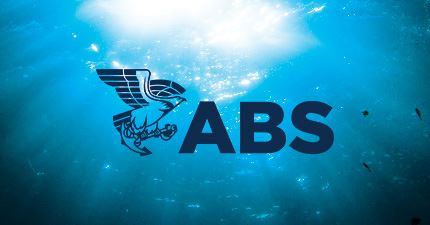(SEOUL) — The American Bureau of Shipping (ABS) has signed a memorandum of understanding with the Korea Hydrogen Industry Association (KHIA) and the University of Ulsan, Foundation for Industry Cooperation to develop a small, 40-seat vessel for tourism, equipped with electric propulsion using a 350-kW hydrogen fuel cell.
The zero-emission vessel qualifies as one of the research, development and demonstration projects associated with Korea’s national hydrogen strategy.
“ABS is proud to explore new technologies and work together on innovative projects with knowledgeable stakeholders such as KHIA and the University of Ulsan. We look forward to supporting this hydrogen vessel project with our deep technical knowledge and regulatory expertise to enhance the safety of the maritime industry and bring about a smooth transition to clean energy,” said Vassilios Kroustallis, ABS senior vice president, Global Business Development.
“KHIA is very happy to commence this agreement with ABS and the University of Ulsan for the development of hydrogen ships in the future. We look forward to cooperating with ABS and University of Ulsan in various fields,” said Donghui Lee, chairman of KHIA.
Ock Taeck Lim, professor at the University of Ulsan, said the memorandum with ABS and KHIA will provide an opportunity to explore differentiated technologies in the fields of hydrogen and shipbuilding.
ABS provides guidance for the implementation and the transportation of hydrogen as a marine fuel as part of the global energy transition. Learn more here.
About ABS
ABS, a leading global provider of classification and technical advisory services to the marine and offshore industries, is committed to setting standards for safety and excellence in design and construction. Focused on safe and practical application of advanced technologies and digital solutions, ABS works with industry and clients to develop accurate and cost-effective compliance, optimized performance and operational efficiency for marine and offshore assets.
– American Bureau of Shipping

